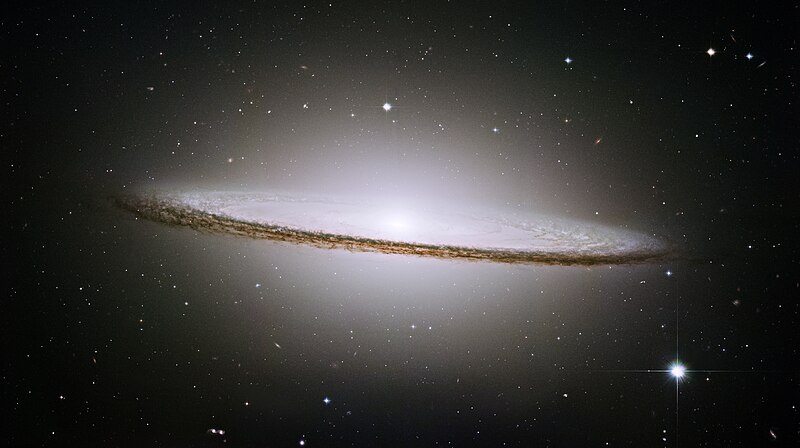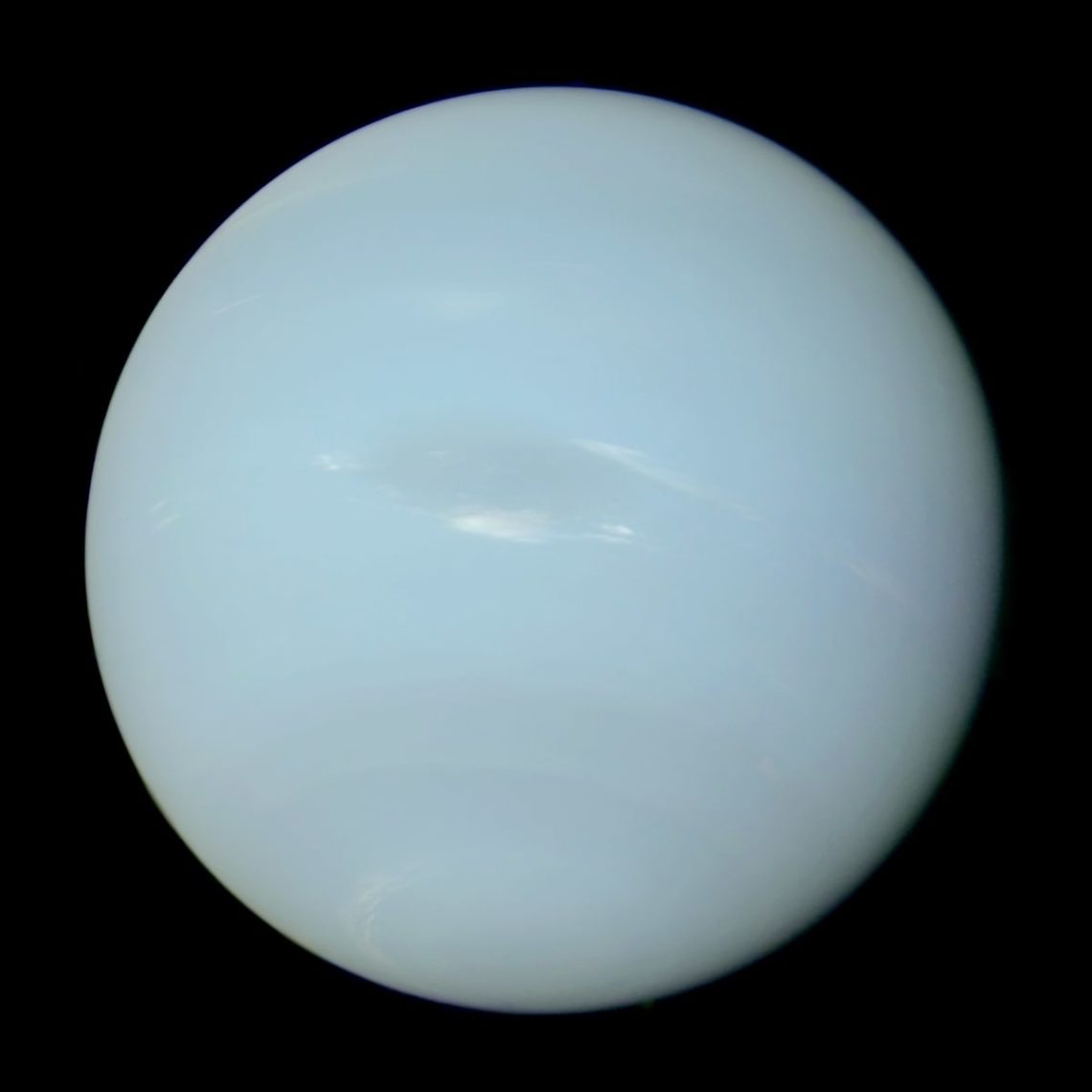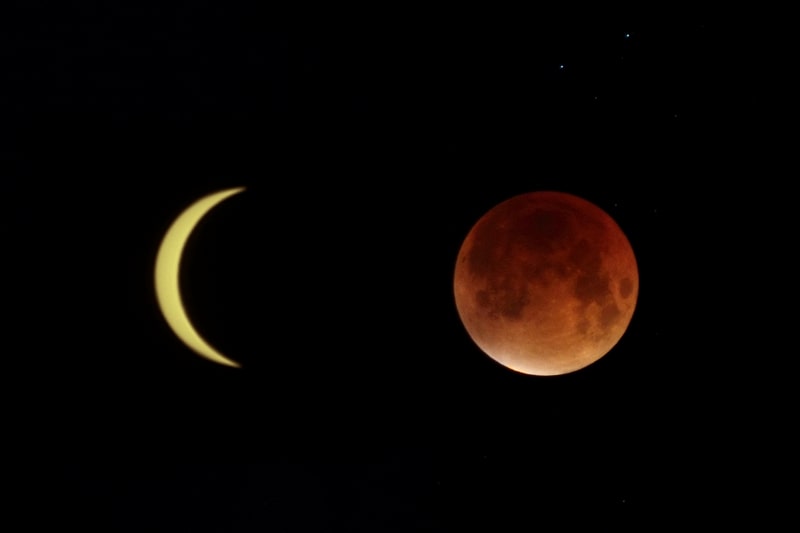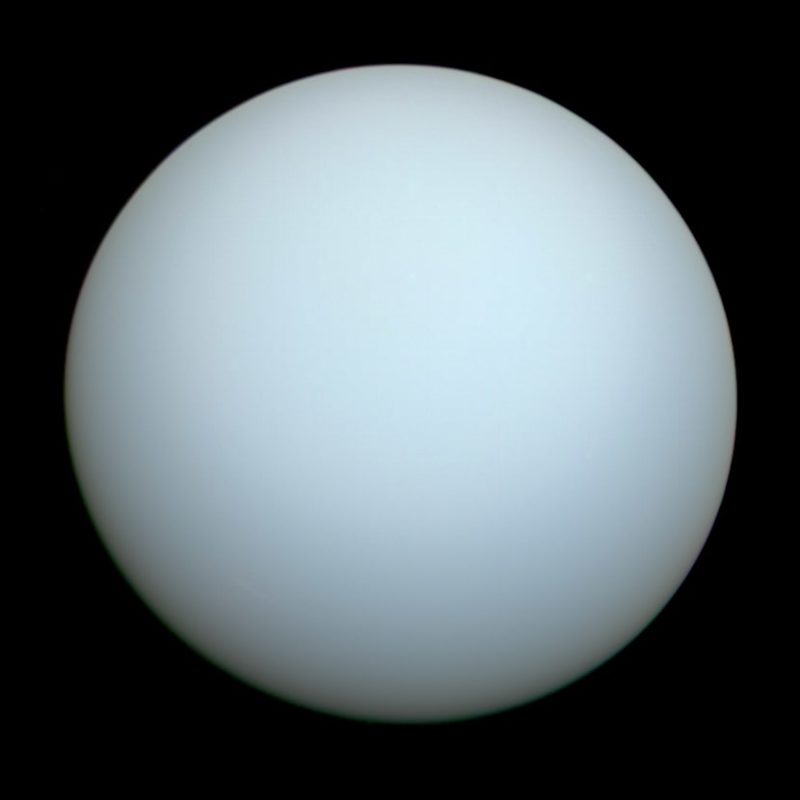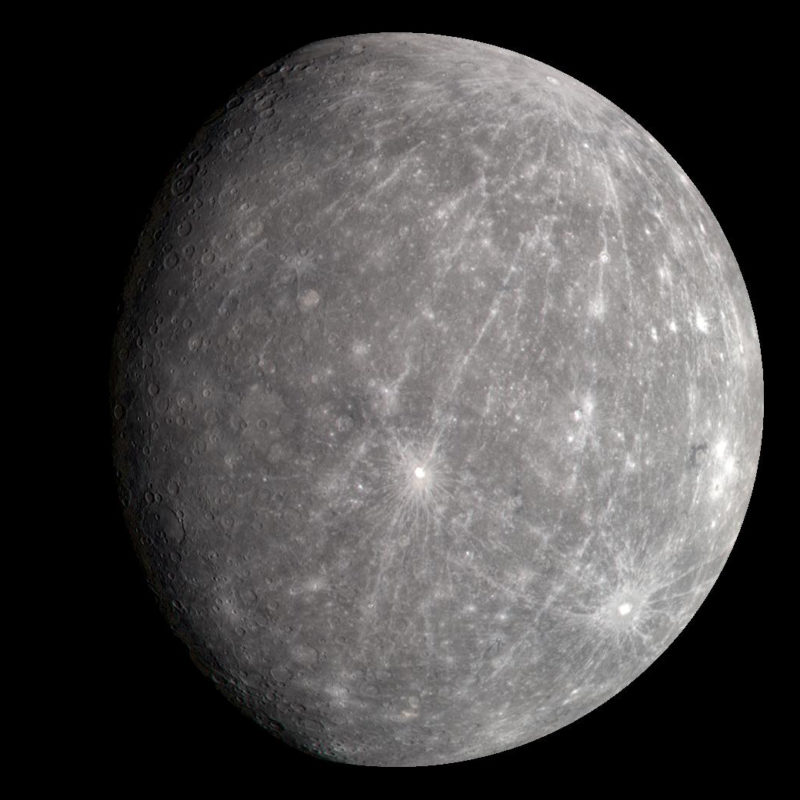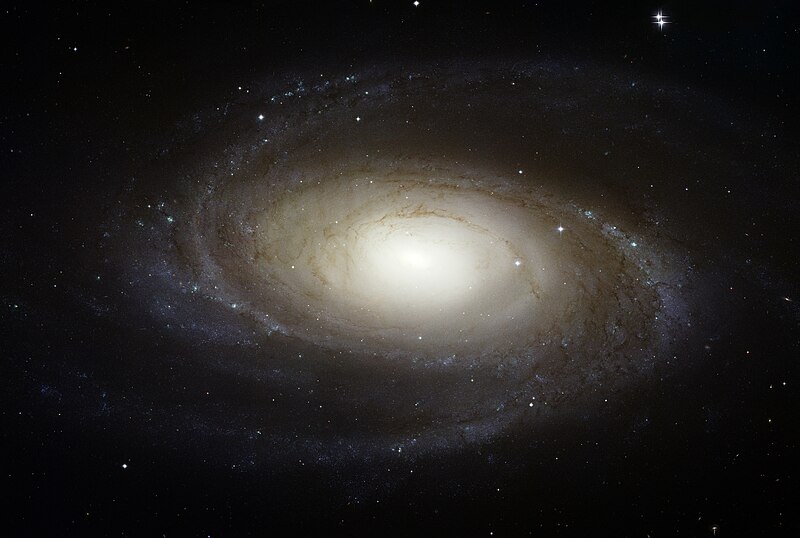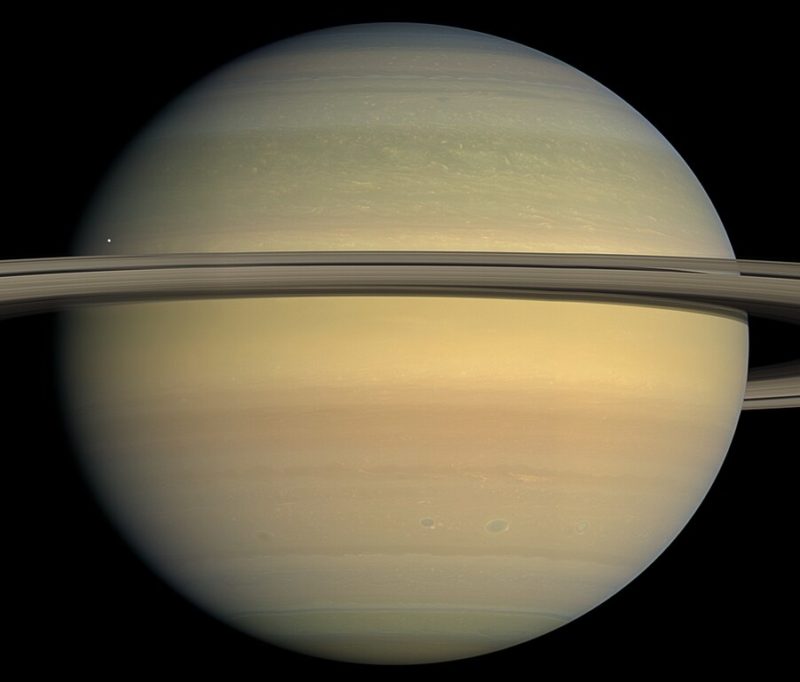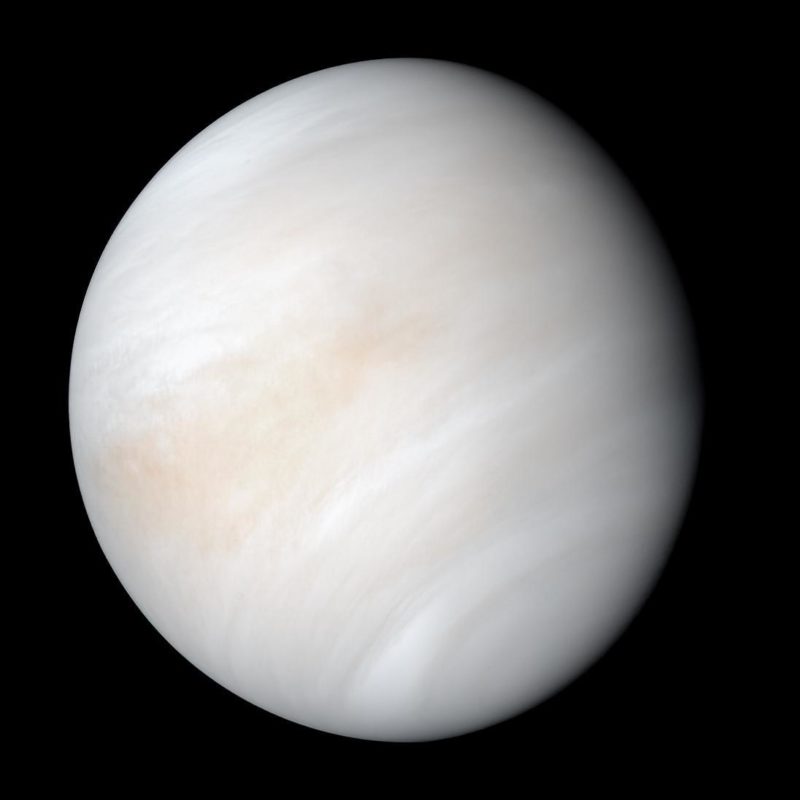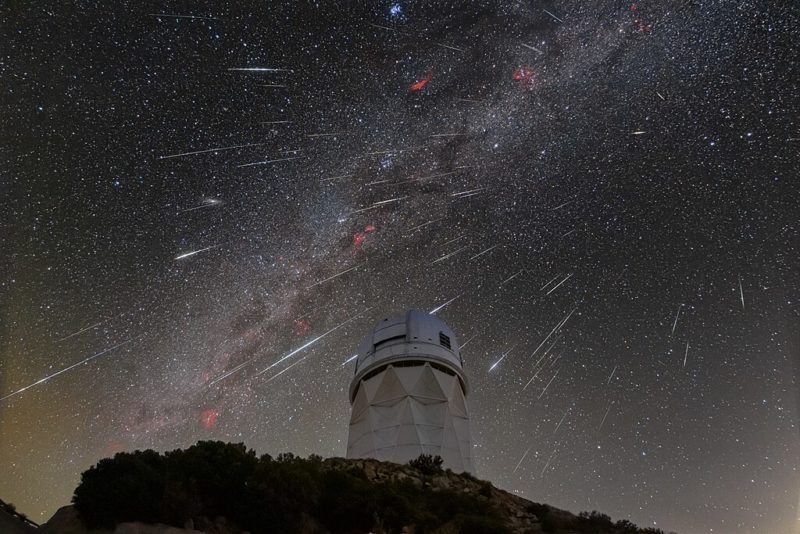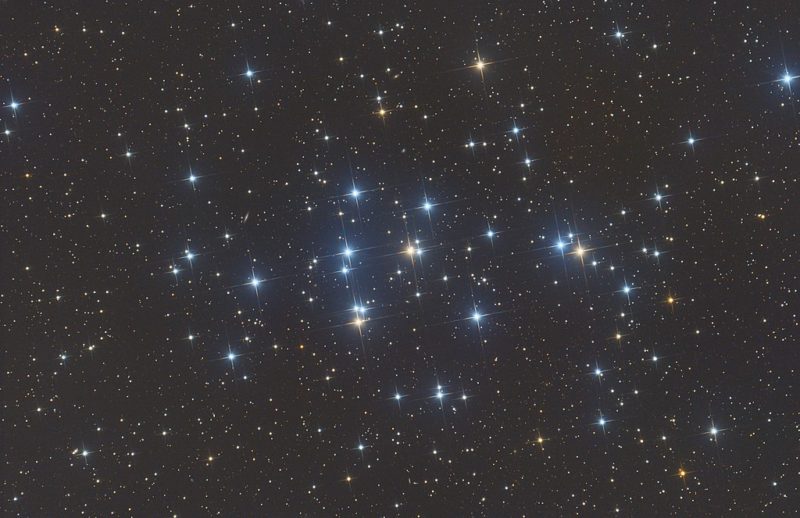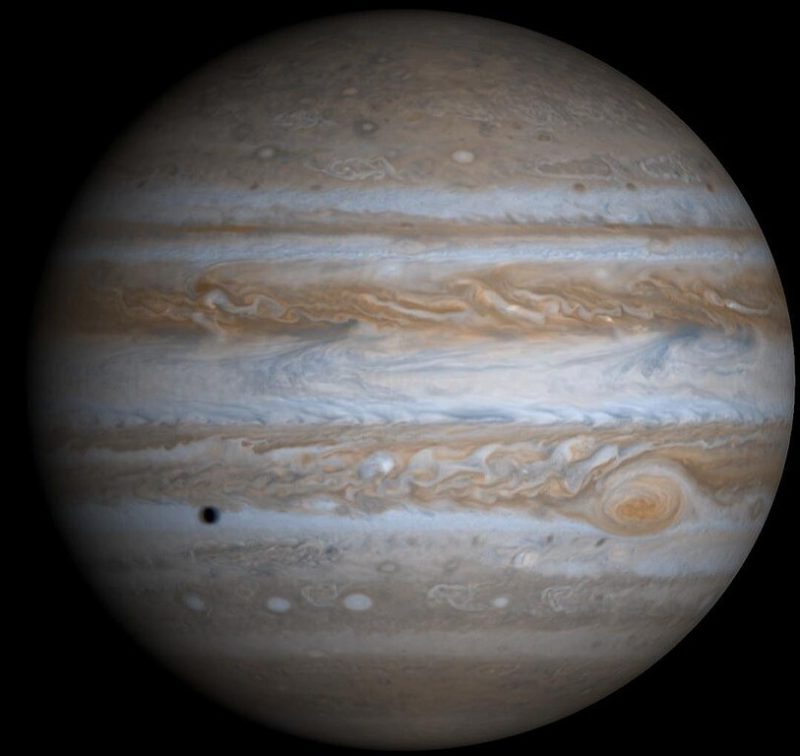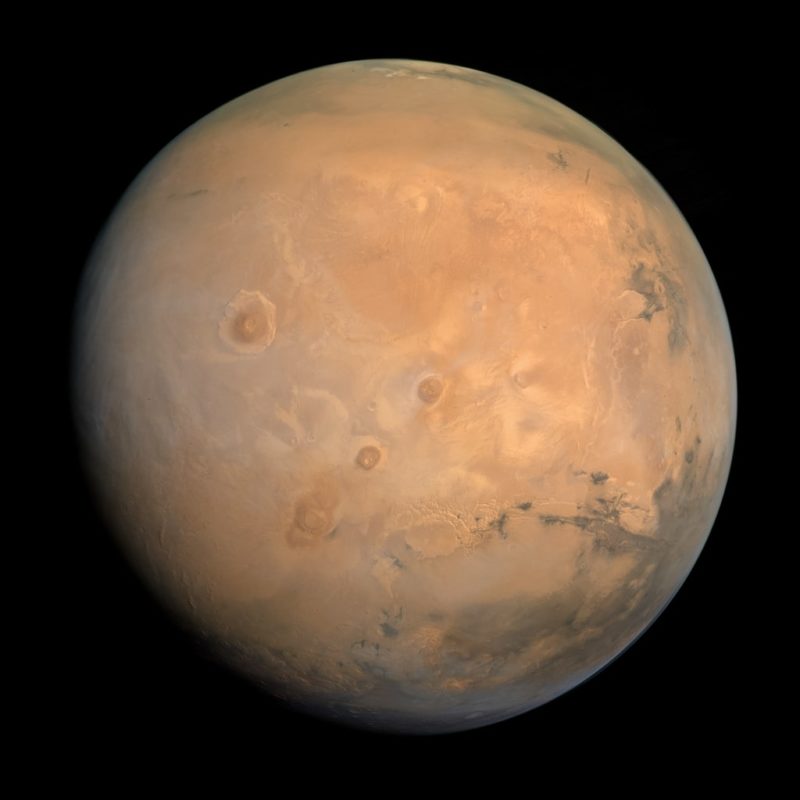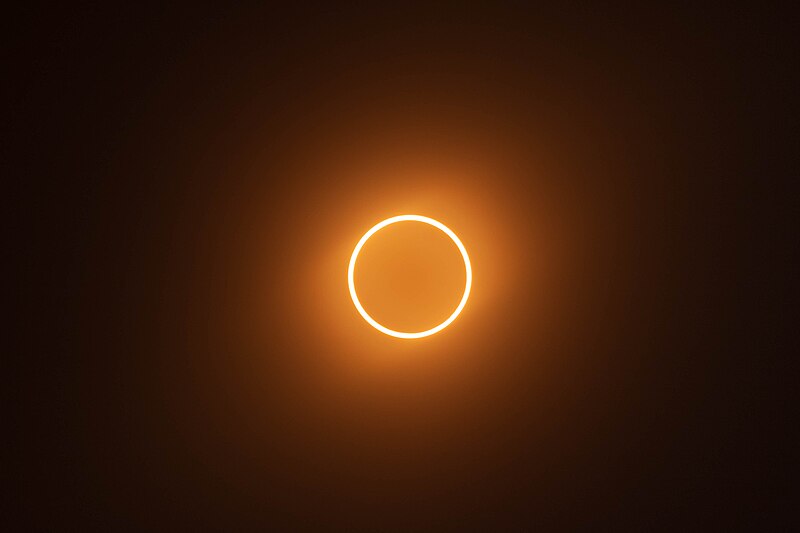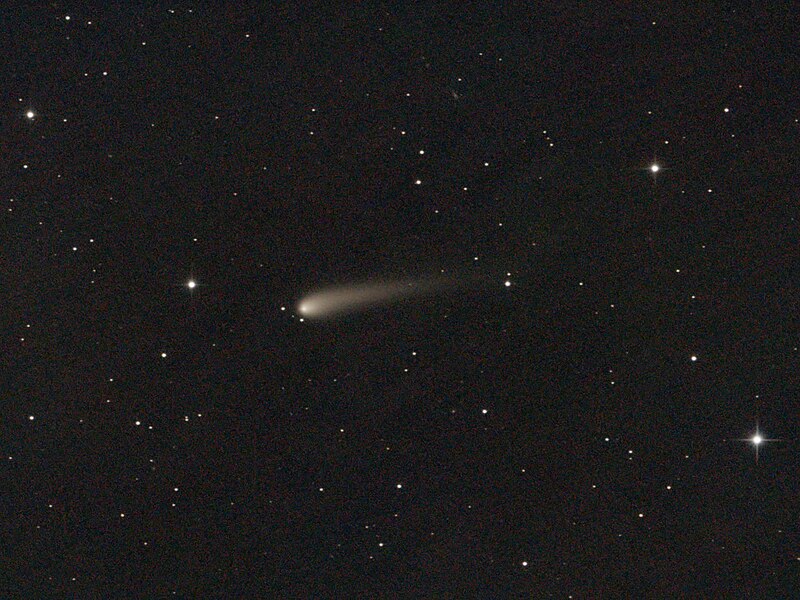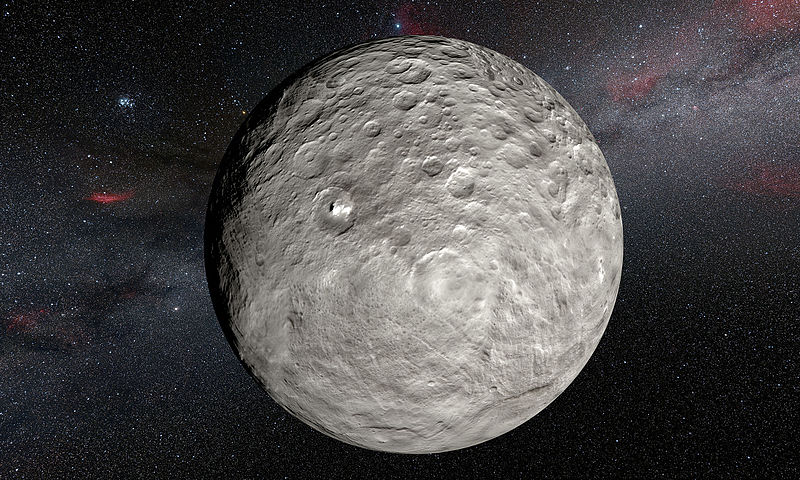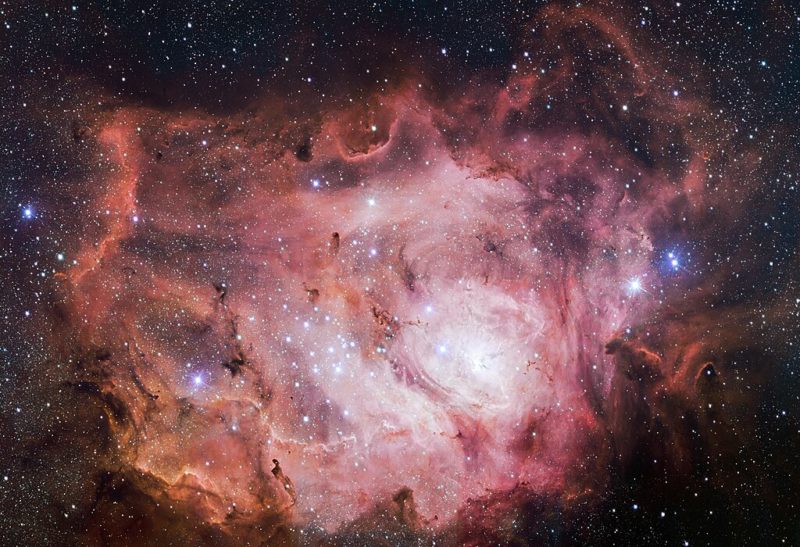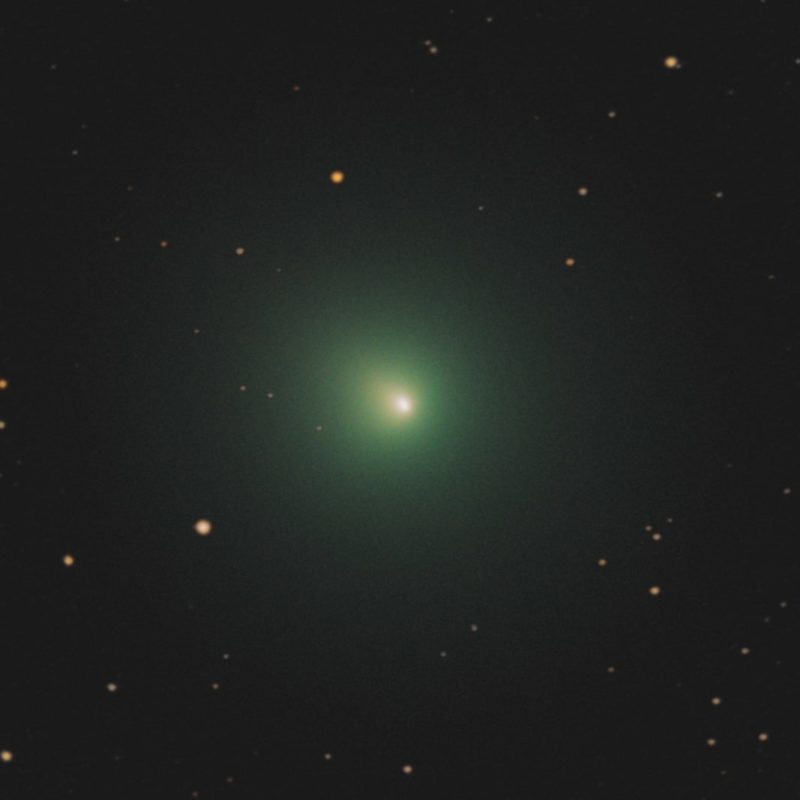Stargazing Calendar for April 2025
Discover the best celestial events for stargazing in April 2025, including planetary conjunctions, meteor showers, and deep-sky objects. Don't miss these cosmic sights!
How Did Neptune Get Its Name?
Wondering how Neptune got its name? The first planet discovered through mathematical prediction was named after the Roman god of the sea.
Stargazing Calendar for March 2025
Discover the best astronomy events for stargazing in March 2025, including a total lunar eclipse, a partial solar eclipse, and planetary alignments.
How Did Uranus Get Its Name?
Uranus, discovered in 1781, got its name after the Greek sky god, following the tradition of mythological naming for planets in our solar system.
How Did Mercury Get Its Name?
Mercury, named after the Roman messenger god, reflects speed in myth and science. Explore its mythology, history, and scientific significance.
Stargazing Calendar for February 2025
Discover the top stargazing and astronomy events in February 2025, featuring planetary conjunctions, meteor showers, and more celestial wonders.
How Did Saturn Get Its Name? Exploring Mythology and History
Saturn got its name after the Roman god of agriculture and time. It reflects ancient mythology’s influence on astronomy and cultural history.
How Did Venus Get Its Name?
How did Venus get its name? Named after the Roman goddess of love and beauty, Venus's brilliance has inspired myths, art, and culture for thousands of years.
Meteor Showers in 2025
Don't miss the celestial show of meteor showers in 2025! Witness the night sky come alive with shooting stars in this breathtaking cosmic display.
Stargazing Calendar for January 2025
Discover the top stargazing events in January 2025, including meteor showers, asteroid oppositions, and planetary alignments. Perfect for astronomy enthusiasts!
How Did Jupiter Get Its Name?
How did Jupiter get its name? The answer lies in ancient Rome, where it was named after the king of the gods, symbolizing power and authority.
Stargazing Calendar for December 2024
Discover the wonders of stargazing in December 2024, with stunning nebulas, meteor showers, and planetary alignments—perfect for every astronomy enthusiast!
How Did Mars Get Its Name? – Exploring Mythology and History
Ever wondered how did Mars get its name? Discover the history behind the planet's connection to the Roman god of war and its cultural significance across different civilizations.
Stargazing Calendar for November 2024
Explore stargazing in November 2024 with exciting astronomy events, from meteor showers to planetary alignments. Perfect opportunities all month long.
Stargazing Calendar for October 2024
Explore exciting stargazing events in October 2024, including meteor showers, a solar eclipse, and more. A must-read for astronomy enthusiasts!
Stargazing Calendar for September 2024
Explore the best stargazing events of September 2024, including meteor showers, planetary conjunctions, and more. Perfect for astronomy enthusiasts!
Stargazing Calendar for August 2024
Discover the highlights of stargazing in August 2024 with key astronomy events, including planetary conjunctions and the Perseid meteor shower.
Stargazing Calendar for July 2024
Explore the highlights of stargazing in July 2024, featuring the oppositions of Ceres and Pluto and meteor showers peaks, perfect for astronomy fans.
Stargazing Calendar for June 2024
Discover key astronomy events for stargazing in June 2024, including meteor showers, asteroid oppositions, and comet sightings. Don't miss the celestial highlights!
Stargazing Calendar for May 2024
Discover the astronomical wonders of stargazing in May 2024, such as the asteroid Pallas at opposition or the comet 46P/Wirtanen at perihelion.

